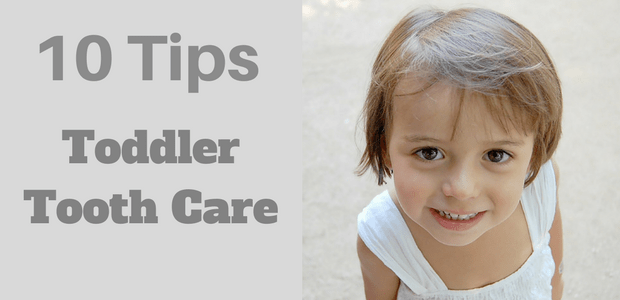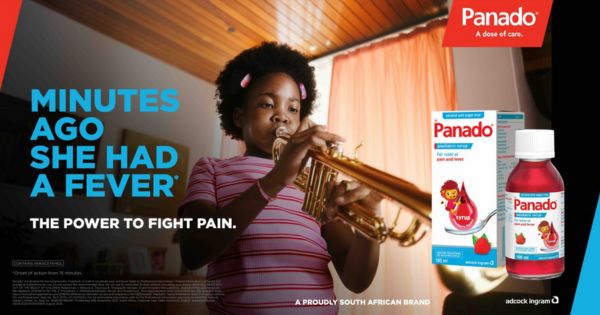According to Dr Marina Adams, a dentist Los Angeles, the way that you deal with your child’s dental care as a young child can affect how your child feels about visiting a dentist for many years to come. Dr Marina Adams focuses on gentle and pain free dentistry to ensure that your child has as easy a visit as possible. You can visit her profile here.
Looking after your toddler’s teeth is vital. Yes your toddler may only have those teeth for a few years but it is important that those teeth are in good condition.
If your child has rotten baby teeth it could affect your child’s self esteem as well as have obvious physical complications and pain.
However long term if your child has decay this can affect his adult teeth in two ways. Firstly the permanent teeth are developing under the baby teeth which means if the decay is extreme the bacteria could cause an abscess in the cavity and spread to the adult teeth below. Secondly the baby teeth set the foundation for the adult teeth, if there is damage to the baby teeth then the adult teeth may not line up correctly.
There is a common misconception that once the baby teeth fall out the problem is over, but this is not the case.
Another problem with not looking after your child’s baby teeth is that bad habits formed in the toddler years can easily become so ingrained and follow into adulthood.
This means that toddler tooth care is vitally important.
Here are some tips for looking after your toddlers teeth:
1 Visit A Child Friendly Dentist
Make sure that you take your child to a dentist within 6 months of your child’s first tooth erupting, or by one year old, whichever comes first.
As mentioned it is important to choose a dentist that has experience in dealing with small children and is gentle with your child. You don’t want your child to form a phobia of dentists and having a pleasant first visit can mean all the difference.
You will be needing to take your child to the dentist every 6 months and having a child that is happy to go will make your life a lot easier.
2 Choose the Right Toothpaste for your Child’s Age
Fluoride helps to prevent tooth decay and is present in toothpaste, however it is not good for your child to swallow fluoride. For this reason there are special toothpastes available for babies that is fluoride free. It is best to choose a fluoride free toothpaste until your child can brush his or her teeth without swallowing the toothpaste and is able to spit it out after brushing.
Many brands of toothpaste offer toothpaste for different age groups which will help to make the process easier for you.
3 Choose the Right Toothbrush for Your Child
You need to choose a soft toothbrush that will be gentle on your child’s teeth. Most brands bring out a range of toothbrushes specially for young children of all ages. Having a fun toothbrush may make it easier to get your child to brush his or her teeth properly and regularly without a fuss.
4 Change Your Child’s Toothbrush Regularly
You should change your child’s toothbrush every three to four months or even more often if the bristles are worn. Very often young children like to chew on the toothbrush while brushing and toothbrushes will need replacing often.
5 Teach Your Child to Brush Twice A Day
It is important to teach your child good brushing habits, so teach your child to brush his or her teeth every morning and every evening.
Even before your baby has teeth you can start with gently cleaning his or her gums with a baby toothbrush and water.
While your child may be resistant to brushing this is one thing that you really need to be firm about. Try to be patient and make it part of your daily routine.
It may be a good idea to brush your teeth at the same time as your child so that your child can watch and copy what you do.
6 Teach Your Child To Floss
As soon as your child has two teeth right next to each other you should start flossing your child’s teeth and you should start teaching your child to floss.
7 Bottles and Sippy Cups
Letting your child or baby fall asleep with a bottle of juice or milk might make for an easier time putting them down to sleep, but it can lead to tooth decay with the sugary drinks sitting against the teeth feeding bacteria.
If you want to give your child a bottle fill it with water instead.
Likewise using a sippy cup too often with sugary drinks can lead to decay at the back of the front teeth.
8 Cut Down on Sugary Drinks and Foods
Juice is very high in sugar and should be kept to a minimum, along with other sugary foods and drinks. Sugar is bad for teeth and impacts your child’s health negatively in many more ways.
Teaching your child good eating habits from an early age will be hugely beneficial for your child.
9 Get Rid of The Pacifier before 3 Years Old
While a pacifier has many great benefits for your baby it also has some negatives. One of these negatives is that it influences the how your child’s teeth line up and the shape of your child’s mouth.
Try and get your child to stop using a pacifier before 3 years old, even sooner if possible.
10 Watch Out for Medicine
Lots of children’s medicines are sugary and sweet which can lead to tooth decay. Children that are on medication for chronic conditions often have higher levels of tooth decay.
It is important for children to brush their teeth more often when they are taking medication. If your child is on chronic medication talk to your dentist about how often your child should be brushing his or her teeth.
 Kaboutjie SA Mommy Blogs by Lynne Huysamen
Kaboutjie SA Mommy Blogs by Lynne Huysamen





Great tips to know start from young looking after their teeth
The Medicine one worries me – cause I’ve heard that anti-biotics also damage their teeth?
Yes the kids antibiotics are loaded with sugar!
So scary!!!